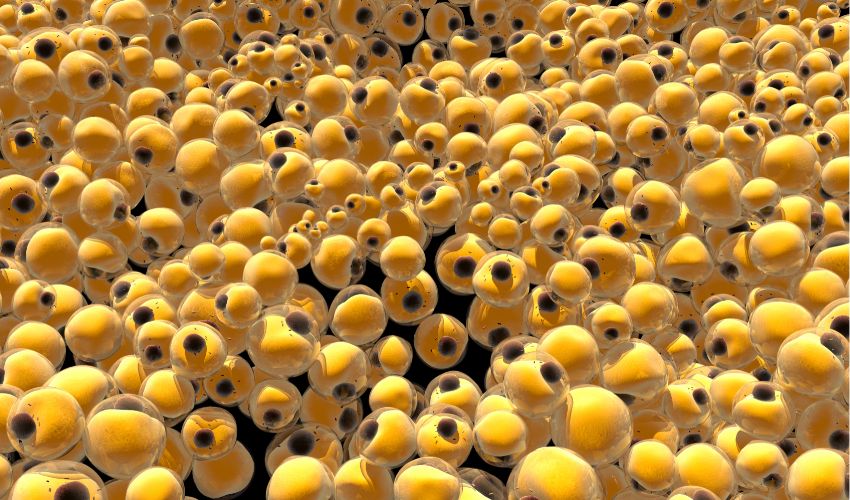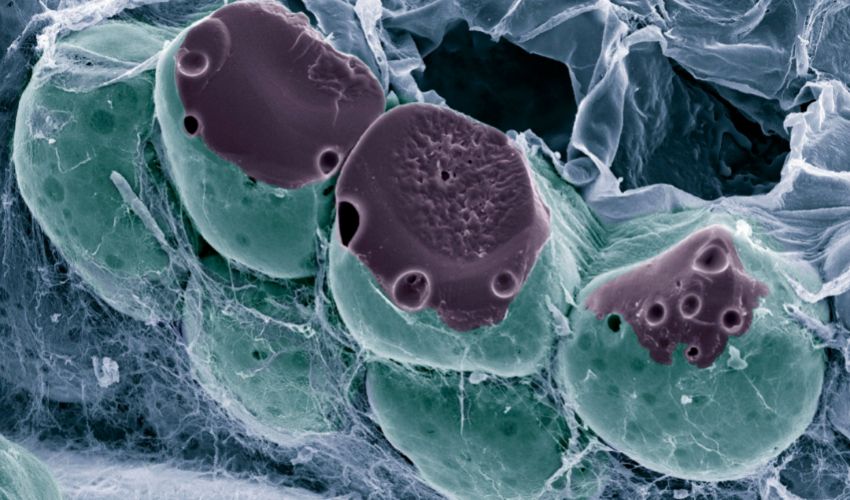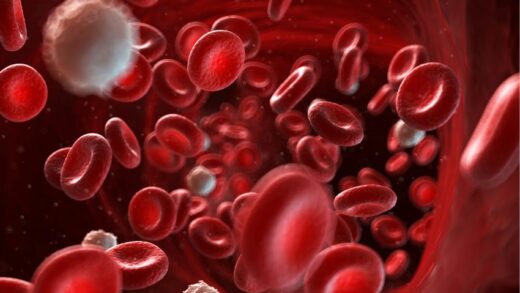Adipose tissue, commonly known as fat, is an essential component of the human body. It is a complex, dynamic tissue that plays a critical role in various physiological processes, including energy metabolism, immunity, and hormone regulation. Despite its reputation as a mere storage site for excess calories, adipose tissue is a vital organ that regulates many aspects of human health.
This article aims to provide a comprehensive overview of adipose tissue, including its functions, types, and health implications. By the end of this article, you’ll have a better understanding of the importance of adipose tissue and its impact on overall health.
Functions of Adipose Tissue:
Adipose tissue serves several essential functions in the body, including:
- Energy storage: Adipose tissue stores excess calories in the form of triglycerides, which can be used for energy when food is scarce.
- Insulation: Adipose tissue acts as an insulator, helping to regulate body temperature.
- Protection: Adipose tissue cushions and protects vital organs, such as the kidneys and heart.
- Hormone regulation: Adipose tissue produces hormones that regulate appetite, insulin sensitivity, and lipid metabolism.
- Immunity: Adipose tissue contains immune cells that help to fight infections and maintain tissue homeostasis.
Types of Adipose Tissue:
There are two main types of adipose tissue: white adipose tissue (WAT) and brown adipose tissue (BAT).
- White Adipose Tissue (WAT): WAT is the most common type of adipose tissue in the body. It serves as a storage site for excess calories and produces hormones that regulate metabolism, appetite, and inflammation.
- Brown Adipose Tissue (BAT): BAT is primarily found in newborns and hibernating mammals. It plays a crucial role in thermogenesis (heat production) by burning calories to generate heat.
Health Implications of Adipose Tissue:
Adipose tissue dysfunction has been linked to several health conditions, including:
- Obesity: Excess adipose tissue, particularly in the abdominal area, increases the risk of obesity, metabolic syndrome, and type 2 diabetes.
- Cardiovascular disease: Adipose tissue produces inflammatory substances that can damage blood vessels, leading to atherosclerosis and cardiovascular disease.
- Cancer: Adipose tissue produces hormones that can stimulate the growth of certain cancers, such as breast and prostate cancer.
- Insulin resistance: Adipose tissue dysfunction can lead to insulin resistance, a condition in which the body’s cells become less responsive to insulin, increasing the risk of type 2 diabetes.
- Inflammation: Adipose tissue produces inflammatory substances that can lead to chronic inflammation, a risk factor for various health conditions.

FAQs:
Is all adipose tissue harmful to health?
No, adipose tissue is essential for many physiological processes in the body. However, excess adipose tissue, particularly in the abdominal area, can increase the risk of several health conditions.
Can you lose adipose tissue through diet and exercise?
Yes, a healthy diet and regular exercise can help to reduce adipose tissue levels and improve metabolic health.
What is the difference between white and brown adipose tissue?
White adipose tissue is a storage site for excess calories, while brown adipose tissue generates heat by burning calories.
Can adipose tissue be regenerated?
Yes, adipose tissue can be regenerated, which is why it is often used in cosmetic procedures such as liposuction and fat transfer.
Can adipose tissue contribute to inflammation in the body?
Yes, adipose tissue produces inflammatory substances that can contribute to chronic inflammation, a risk factor for many health conditions.

Conclusion:
Adipose tissue is a complex, dynamic tissue that plays a vital role in many physiological processes in the body. It is not just a storage site for fat, but it also regulates metabolism, immunity, and hormone production. Understanding the functions and types of adipose tissue is essential for maintaining overall health and preventing obesity, diabetes, cardiovascular disease, and cancer.
While excess adipose tissue can be harmful to health, a healthy diet and regular exercise can help to reduce adipose tissue levels and improve metabolic health. By taking care of our adipose tissue, we can ensure that it functions optimally and supports our overall well-being.






















